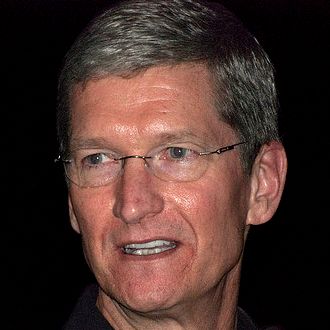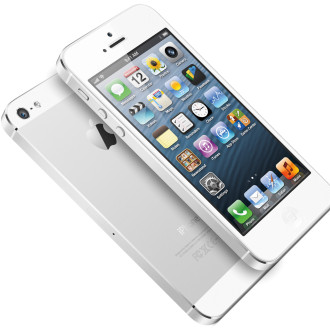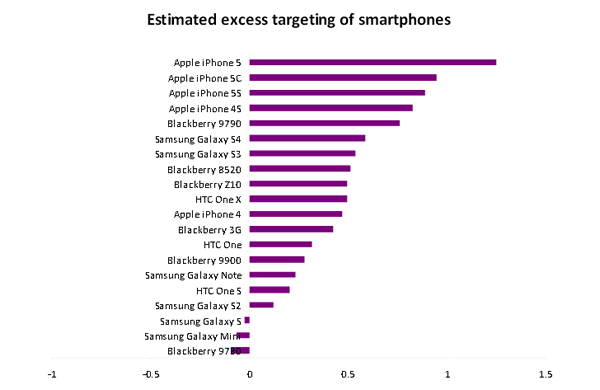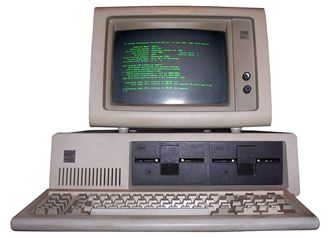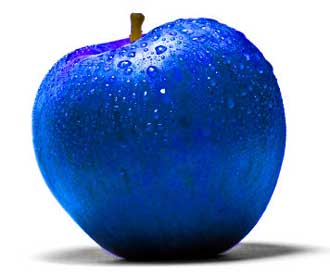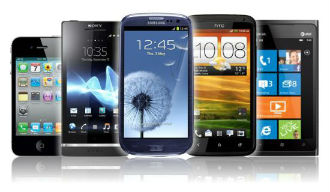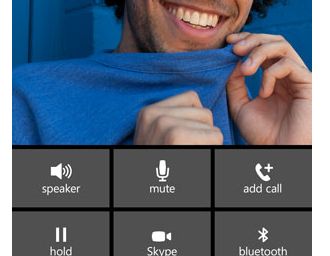 Humans just got a step closer to being able to think a message into someone else’s brain on the other side of the world.
Humans just got a step closer to being able to think a message into someone else’s brain on the other side of the world.
Researchers from Harvard Medical School teaching affiliate Beth Israel Deaconess Medical Center, Starlab Barcelona in Spain, and Axilum Robotics in Strasbourg, France have successfully achieved brain-to-brain transmission of information between humans.
The team used a number of technologies that enabled them to send messages from India to France without performing invasive surgery on the test subjects.
The test involved seeing if a person could communicate directly between two people by reading out the brain activity from one person and injecting brain activity into the second person.
Alvaro Pascual-Leone, MD, PhD, director of the Berenson-Allen Center for Noninvasive Brain Stimulation at Beth Israel Deaconess Medical Centre wondered if it was possible to bypass the talking or typing part of internet and establish direct brain-to-brain communication long distance.
Using a combination of internet-connected electroencephalogram and robot-assisted, image-guided transcranial magnetic stimulation, the team was able to communicate words from one human to another.
The set up was similar to those used in brain-computer interface studies. A human subject had electrodes attached to their scalp, which recorded electrical currents in the brain as the subject had a specific thought.
Normally the data is interpreted by a computer however this time it the output device was another human.
The words “Ciao” and “Hola” were translated into binary. This was then shown to the emitter subject, who was instructed to envision actions for each piece of information: moving their hands for a 1 or their feet for a 0. An EEG then captured the electrical information in the sender’s brain as they thought of these actions, which resulted in a sort of neural code for the binary symbols — which in turn was code for the words.
The researchers think that this represents an important first step in exploring the feasibility of complementing or bypassing traditional means of communication.
It is not quite a Vulcan mild meld yet. The bit rates were two bits per minute which is slower than an asthmatic ant with a heavy load of shopping.
Potential applications, however, include communicating with stroke patients.
 Intel and IBM said they will work together to improve security for cloud computing.
Intel and IBM said they will work together to improve security for cloud computing.
